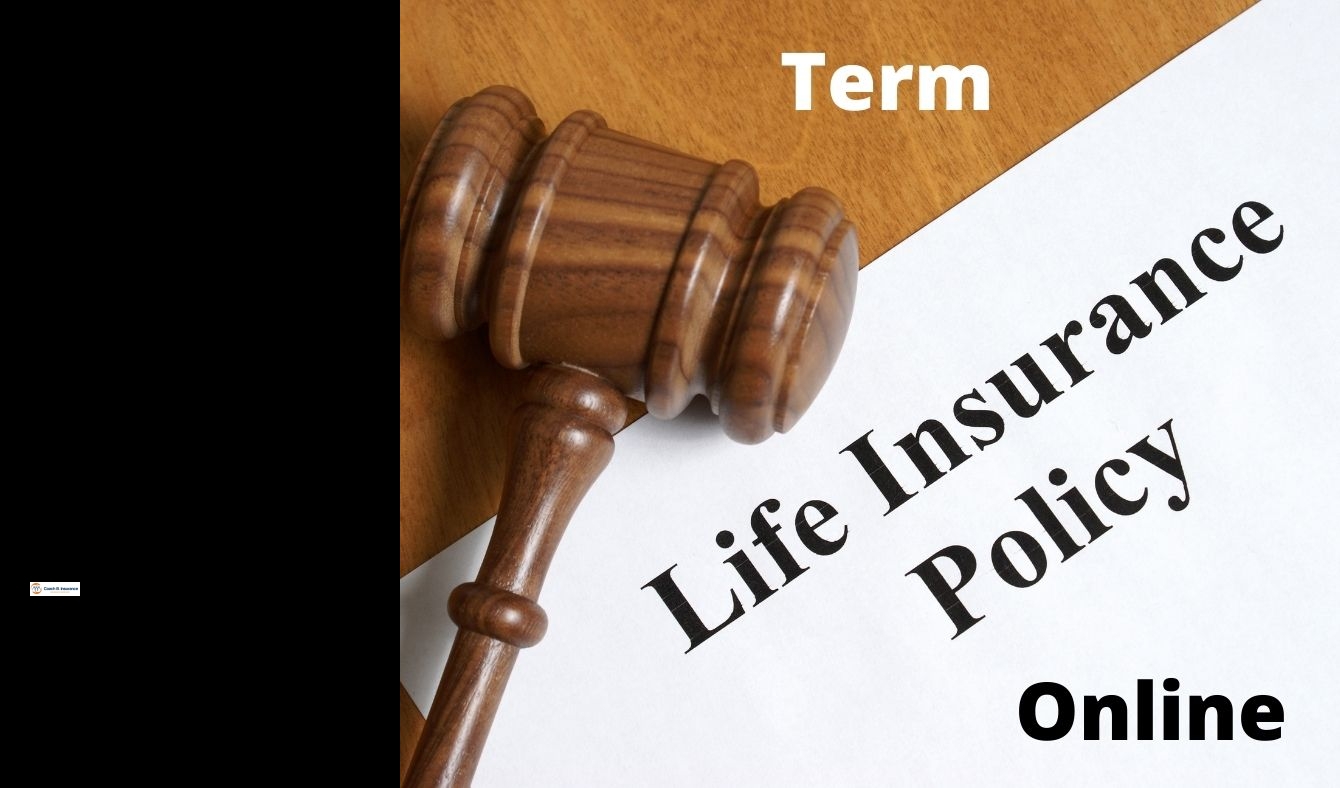aig term life insurance
No matter your age or your goals, life insurance policies should be evaluated according to your family's financial situation and goals. These are crucial factors in determining the best coverage.

There are many kinds of life insurance policies. However, the most popular ones include whole and term. Term life insurance seems more practical to most people. It is easy, affordable, and can be used for as long or as you need. Your financial situation, income, and lifestyle will all play a role in choosing the right policy.
Quick approval: You don't need to wait weeks for your results or undergo a medical exam. This is a great option if you are in urgent need of coverage, such as for a upcoming trip.
No-questions-asked coverage. Guaranteed Issue lives up its name. This ensures that you are covered no matter what your health is like. This type of permanent insurance will continue to be in force as long as you pay your premiums. Guaranteed Issue can be a great option for those who have serious conditions such as heart disease or cancer.
No matter your age or your goals, life insurance policies should be evaluated according to your family's financial situation and goals. These are crucial factors in determining the best coverage.


The death benefit is an option that can replace your financial support over decades. It ensures your family doesn't have to worry about the cost of your mortgage, funeral, and care as well as college expenses for your kids. It allows your spouse to continue saving or having money to support an elderly parent.
Navigating the ins and outs of all the different types of life insurance can seem intimidating, especially if you're buying your first policy. That's why many shoppers choose term life insurance. It's a good fit for most people, particularly young families on a budget looking for temporary coverage. Here are four advantages to term life insurance.
The death of a loved one is not only emotionally devastating but affects every aspect of an individual's life. Suddenly, everyday expenses are much harder to afford. Planning by selecting the right life insurance option is the first step to protecting and preparing your family for whatever is ahead. Find a flexible, comprehensive coverage option to secure your loved ones' financial future.

No whole or term insurance policies with medical exam coverage are available. The death benefits for whole life coverage are often limited to $50,000 -- this is ten times less than for term insurance. If an insurer doesn't offer medical coverage that includes a higher death benefits, it usually means that the medical test is dependent upon your answers to certain health questions.
More than 50% of Americans overestimate the cost of insurance and put off buying a life insurance policy as a result. In a study by LIMRA, research, consulting, and professional development organization for financial services, and Life Happens, a nonprofit focused on providing unbiased education around insurance options, 44% of millennials estimated that a 20-year term policy would cost $1,000 or more per year. By contrast, the actual cost of the policy was approximately $165/year.
There are many options available when it comes to how long your term insurance policy should last. You can usually buy coverage for one to five years, five years, 10, 15, 20, 25, 25 or 30 year. You can get coverage that lasts one to five years and help you cover your short-term debts. A 30-year term may be better if you are the breadwinner and need a policy that covers your mortgage. These policies may not be needed as often as you would like.

In its simplicity, term life insurance offers coverage for a specific period and doesn't include a cash value component. On the other hand, whole life insurance provides lifelong coverage and may build cash value over time.
Unlike whole life insurance, term life insurance offers coverage for a specific period and doesn't include a cash value component. On the other hand, whole life insurance provides lifelong coverage and may build cash value over time.
Once the term ends, the coverage ceases unless you renew the policy, purchase a new one, or convert it to a permanent policy. Some policies offer renewal options, though the premiums may increase.